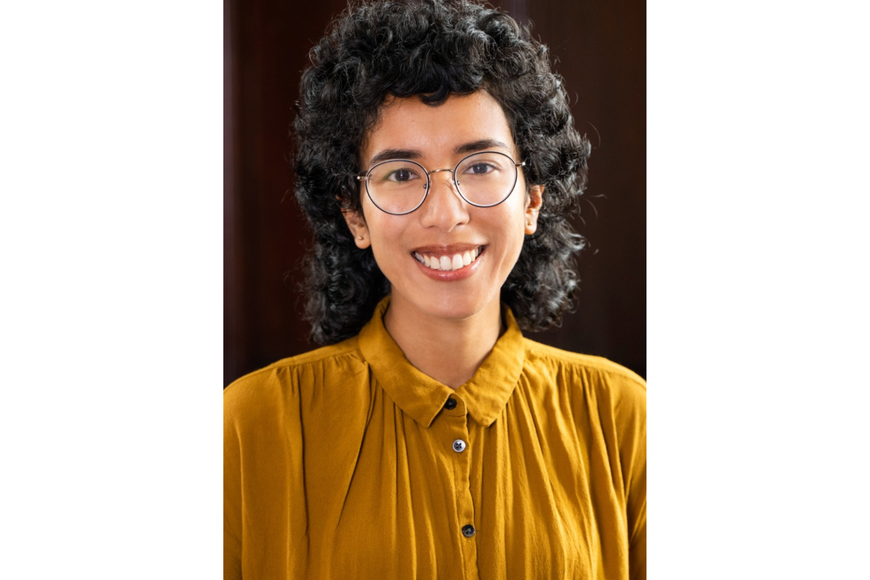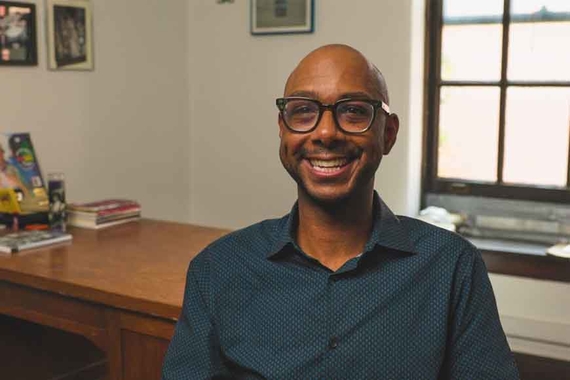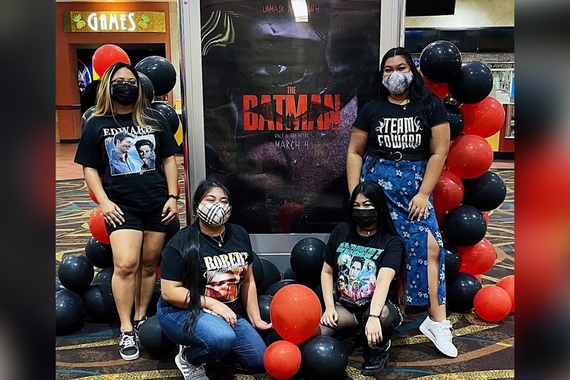Meet Assistant Professor Melanie Abeygunawardana
Dr. Melanie Abeygunawardana joins the Department of American Studies this fall as Assistant Professor. Professor Abeygunawardana holds a A.B. in English from Brown University and a Ph.D. in English from the University of Pennsylvania; her dissertation is titled “Dissenting Flesh: Racial Feeling in an Age of Colorblindness.” Last year, Abeygunawardana was the Shauna M. Stark Postdoctoral Fellow at Brown University’s Pembroke Center for Teaching and Research on Women.
Tell us about your current work and/or book project.
My book project explores the cultural effects of a legal discourse of colorblindness—the idea that race doesn’t, and shouldn’t matter. This logic has been used to disavow the continued existence of racism, as in the recent SCOTUS decision that struck down affirmative action. But beyond critiquing colorblindness as a legal fiction, I’m interested in colorblindness as a kind of speculative fiction that relies on an impossible separation of the self from flesh, feelings, and history. I turn to speculative fiction by contemporary Asian American and African American authors (featuring multicultural zombies, a woman whose body is reversing in age, a girl with rubber skin, among others) as texts that stringently critique liberal abstraction. I argue that through the idiom of affect and materiality, these authors point us towards alternative ways of relating to race, anti-racism, and history outside the limitations of the law.
What excites you most about joining the American studies faculty at the University of Minnesota?
I’m really thrilled to be part of such a robust interdisciplinary department. My academic training is primarily in English, and literature anchors my project, but my work is indebted to the methods and objects of multiple disciplines, including cultural studies, legal studies, and history. We have amazing faculty working across humanities and the social sciences in American Studies, and I’m so excited to learn from them. Our department is also very strong in comparative and relational approaches to race, and as someone working in Afro-Asian studies, I hope to both learn from and contribute to the important work being done in the department.
What are you looking forward to exploring and experiencing in the Twin Cities and/or in greater Minnesota?
First of all, I’m excited to be near so many bodies of water (Lake Bde Maka Ska, the Mississippi, Minnehaha Falls). Second of all, I’m excited to experience the State Fair! Along with finishing my book manuscript, my other pre-tenure goal is to see a butter sculpture.
Tell us about your hobbies and interests.
When I’m not thinking about other people’s fiction, I also write fiction (I’m currently working on a novella). I also love food and am really excited to explore the restaurant scene in the Twin Cities (maybe one day if I’m lucky I’ll snag a reservation at Owamni…?).
What is the most intriguing publication you read this year?
In terms of academic publishing, I was really inspired by Xine Yao’s work in Disaffected: The Cultural Politics of Unfeeling in Nineteenth-Century America. As someone working on contemporary performances of racial unfeeling through a comparative lens, I found Yao’s comparative theorization of the long history of disaffection to be incredibly illuminating. Disaffected invited me to consider sentimentalism and colorblindness together as related affects of white liberalism.
What is your dream course to teach?
I would love to teach a course on Afro-Asian Critique—a course that explores the current state of American racial politics by querying the past, present, and future of Black and Asian relations in the U.S. The course would begin with asking why, from Plessy v. Ferguson (1896) to the L.A. riots (1992) to affirmative action debates, Black and Asian people always seem to be positioned against each other. Why is this narrative of conflict so persistent, and who (and what) stands to profit from it? How has the concept of the Asian model minority been used to discipline and punish African Americans? At the same time, how has the illegibility of Asians within a Black-white schema obscured violence against Asians in America and abroad? The course would attend to intersecting histories of civil rights and immigration, American militarism and the carceral state, and would also explore how Black and Asian activists, writers, artists, and everyday people have practiced modes of solidarity, connection, collaboration, and repair.



